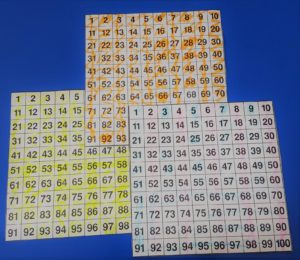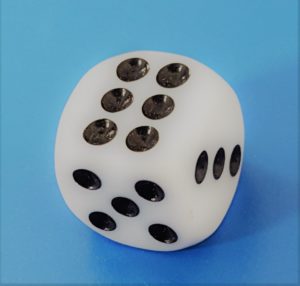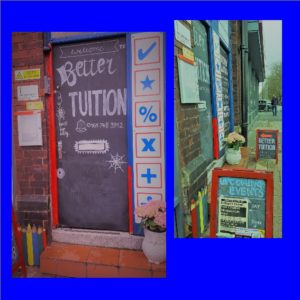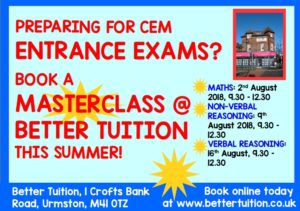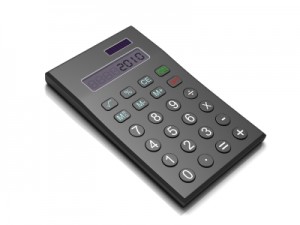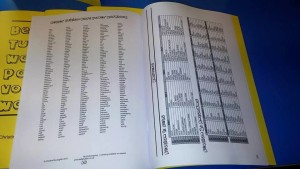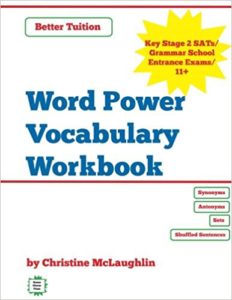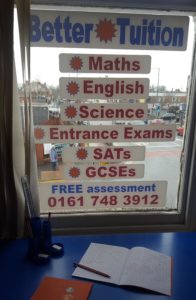Entrance exam registration for grammar school entrance exams in Trafford [POST UPDATED ON 9TH MAY 2022]
Entrance exam registration is now open for students wishing to try for Trafford Grammar Schools CEM Consortium (TGSCC), which is comprised of:
Urmston Grammar;
Stretford Grammar;
Sale Grammar;
Altrincham Grammar School for Girls;
Altrincham Grammar School for Boys.
Registration for Trafford’s remaining grammar school – Loreto Grammar – will be live on 25th June 2022. You may register now for the St Ambrose College entrance exam.
Urmston Grammar, Stretford Grammar, Sale Grammar, Altrincham Grammar School for Girls and Altrincham Grammar School for Boys
Registration for TGSCC is straightforward. Follow this link to the online form. You may opt to have your child’s scores shared with all five schools (although, in fact, you can only share scores with four schools as two of the schools are single-sex). You must register by 12 noon on 24th June 2022.
Saint Ambrose College
You have until 15th July 2022 to register for the Saint Ambrose College entrance exam. The exam will take place on 23rd September 2022.
Loreto Grammar School
Online registration for Loreto’s entrance exam will go ‘live’ on 25th June 2022. Visit Loreto’s website for more information. The entrance exam for this school will take place on 23rd September 2022.
What to do if you haven’t registered in time
It’s important to understand that the schools make no exceptions for late registration. Your child will not be allowed to sit the exams in September unless your registration form has been completed and returned before the deadline. If you have missed the deadline, you will need to contact your preferred school(s) as soon as possible.
Schools will allow your child to sit an entrance exam but this will not take place until after school places have been allocated on 1st March 2023. If your child passes, s/he will only be offered a place if spaces are available. Given that Trafford’s grammar schools are oversubscribed year after year, it is unlikely that your child will be offered a place in these circumstances. It’s a very unfortunate position to be in and we do sympathise.
Further Reading
Read our comprehensive guide to Trafford’s 11+/ entrance exams.
Find out about open days and open evenings at Trafford’s Grammar Schools.
Book a practice entrance exam at Better Tuition.
Learn more about our entrance exam masterclasses in maths, verbal and non-verbal reasoning.



